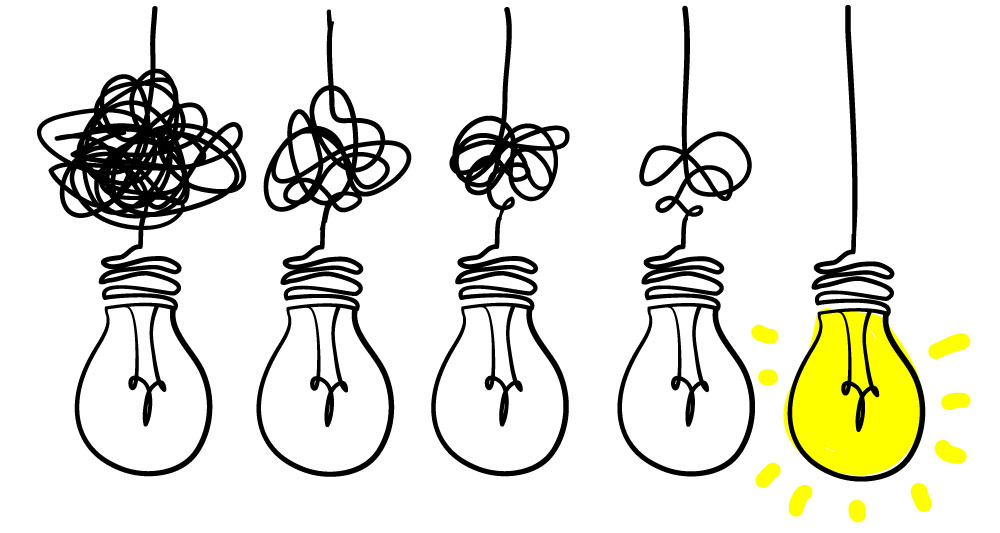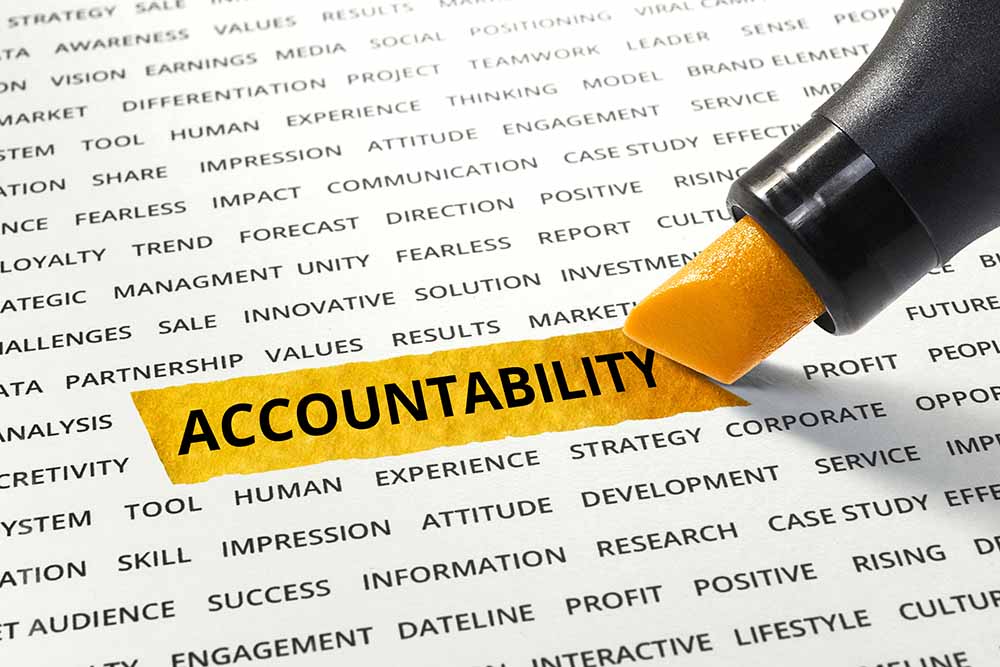Can you guess what the most important factor in determining success is?
You could say it depends on your level of expertise in your field. Or maybe it's how knowledgeable you are in your field. However, that isn't the case. It's about how mentally tough you can be when the challenges keep piling up and the storm lasts a little longer than you planned.
It all comes down to grit.
Angela Lee Duckworth, a psychologist and author, says in her Ted Talk: “In all our research, one characteristic emerged as a significant predictor of success. It wasn’t social intelligence. It wasn’t good looks, physical health, and it wasn’t IQ. It was grit. And grit is perseverance and passion to achieve long–term goals. Grit is having stamina. Grit is sticking with your future, day-in-day-out, not just for the week, not just for the month, but for years. Grit is living life like it’s a marathon, not a sprint.”
Your thinking can make a huge difference in your life. Mental toughness is the quality that helps to develop and maintain grit. You will build a higher level of grit in your life if you learn how to cultivate and develop mental resilience. And the best way to work on your mindset? It’s through the habits you cultivate.
Here are seven habits that lead to a strong mindset:

1. Clarity
Sometimes, we may have a set plan to reach our goals but go off track due to external influence. We end up doing things that don’t align with our goals, or values just because someone else has a differing opinion about it. This is where clarity plays a huge role. Clarity exposes our purpose and also throws light on the external influences. It helps us focus on the tasks that align with our vision. If you’re looking for clarity, you can:
• Write daily in a journal, so all your thoughts are in one place, and it also shows you your thought patterns
• Spend times doing ‘nothing’, as sometimes doing nothing can put your mind to rest so that you can see and understand things from a better perspective
• Spend more time alone, and embrace the solitude as it gives you an insight into who you are as a person

2. Gratitude
Mental health experts and numerous studies have pointed out the importance and benefits of practising gratitude. Make it a daily habit to begin and end your day with gratitude. You can be thankful for your life, job, home, family, health, and any and every thing around you that brings you happiness. You can either:
• Sit in silence for 10-15 minutes every day, and reflect on the things you’re grateful for
• Maintain a journal where you list down the things you are grateful for every day
You’ll notice, that once you spot the little things that make you feel grateful, you’ll be much happier.

3. Accountability
Accountability enables you to be in control of your life. Keep yourself accountable for your thoughts, beliefs, actions, and results. You should be able to respect yourself enough to hold yourself accountable to a high standard. There are four steps to taking accountability for your actions:
• Master the courage to see it
• Find the heart to own it
• Obtain the wisdom to solve it
• Exercise the means to do it
Clarity shows the way; accountability makes you walk on it.

4. Faith
Even in the darkest of times, it is faith is the light that motivates you to move forward. Faith grows from consistent progress, which further requires consistent action. To build faith, you can:
• Write everyday, journal about your thoughts and your day and experiences to see how far you’ve come
• Meditate everyday to calm your mind
• Indulge in some sort of physical exercise everyday, for at least 30-45 minutes
When you see results through consistent action, you’ll be propelled to move forward, and have a lot of faith.

5. Growth
Even when we feel we’ve made it, that we know everything there is to know about something, there’s always something else that we can learn. Seek out:
• New resources online
• New books
• New leaders who offer new perspectives to things that you already know
Learning is a journey from who you are to who you want to be.

6. Accept Shortcomings
Just because you have shortcomings does not mean that you will stop trying. We all face failures at different stages in our lives, but what matters is what you’ve learnt from them. These serve as fuel to success.
Start building strategies and coping mechanisms that will help you whenever shortcomings show up so that you can manoeuvre the situation.

7. Remove Negativity
Your thoughts make up a huge part of your identity. And these thoughts can also be influenced by your surroundings. Therefore, it is important to filter out negativity to prevent negative thoughts. To cut out the noise:
• Remove negative news; put a time limit on how much news you want to consume
• Remove negative people; be it unfollowing them on social media, or limiting your physical interactions with them
It’s important to remember, you are what you consume—both mentally and physically.